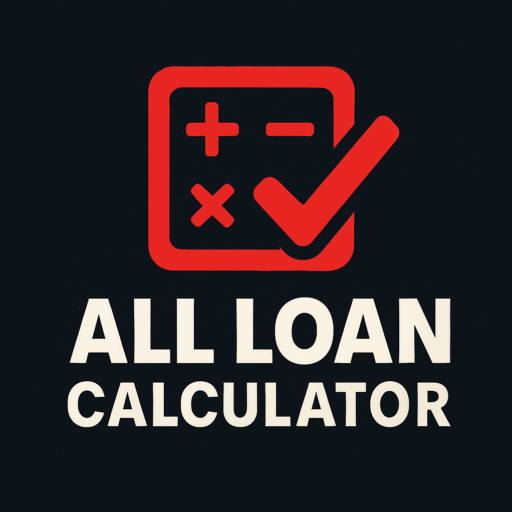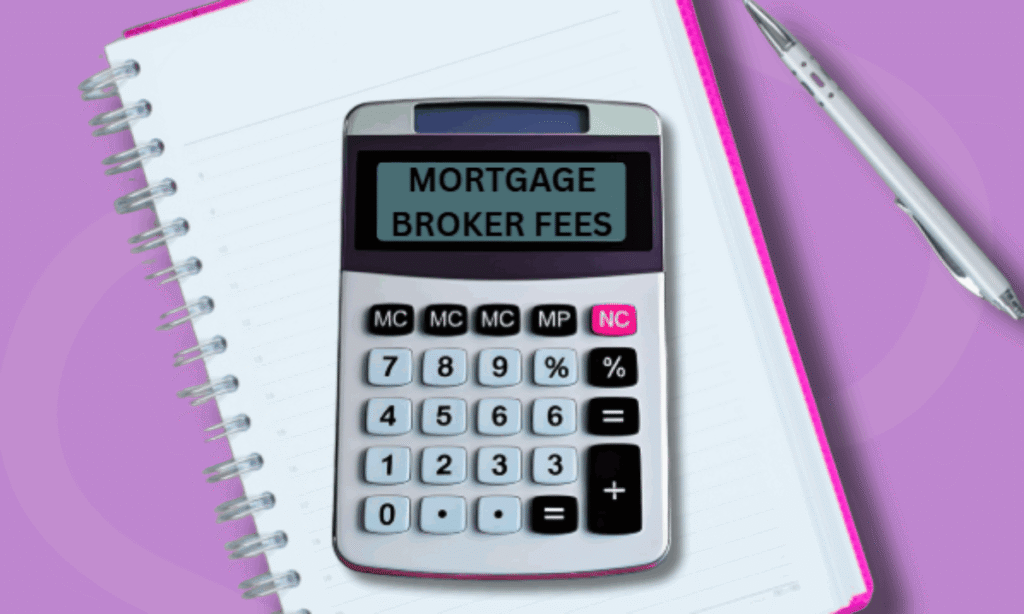Mortgage Broker Cost: What You Need to Know Before Choosing a Broker
When it comes to buying a home or refinancing, many people consider working with a mortgage broker. One of the first questions that often comes up is mortgage broker cost. How much does it actually cost to use a broker? Are you paying them directlyor are they paid by the lender?
Understanding how mortgage brokers charge fees is essential for making an informed decision. In this guide, we will break down everything you need to know, including fee structures, hidden chargesand tips for negotiating better deals.
What Is a Mortgage Broker?
A mortgage broker acts as an intermediary between borrowers and lenders. Instead of applying directly to a bank, you work with a broker who helps you compare multiple loan options. They are licensed professionals who understand the mortgage market and can often secure better rates than you might find on your own.
How Mortgage Brokers Get Paid
The cost of a mortgage broker usually comes from one of two sources:
- Borrower-paid compensation – You pay the broker directly.
- Lender-paid compensation – The lender pays the broker a commission for bringing them your business.
Borrower-Paid Fees
When you pay the broker directly, the cost is usually a flat fee or a percentage of the loan amount. This ranges between 0.50% and 2.75% of the loan.
Example: On a $300,000 loan, the broker’s fee could be between $1,500 and $8,250.
Lender-Paid Fees
In this structure, the lender compensates the broker. You don’t pay anything out-of-pocketbut the lender might adjust your loan rate slightly higher to cover the commission.
Average Mortgage Broker Cost in the U.S.
average:
- Flat fee: $2,000–$4,000
- Percentage-based fee: 1%–2% of the loan
- Refinancing loans: May have slightly lower fees than purchase loans
| Loan Amount | Estimated Broker Fee (1%) | Estimated Broker Fee (2%) |
| $200,000 | $2,000 | $4,000 |
| $350,000 | $3,500 | $7,000 |
| $500,000 | $5,000 | $10,000 |
Mortgage Broker Cost vs. Bank Loan Officer Fees
It’s important to compare working with a mortgage broker to going directly to a bank:
| Feature | Mortgage Broker | Bank Loan Officer |
| Access to Multiple Lenders | ✅ Yes | ❌ No (only one bank) |
| Cost Transparency | ✅ Often disclosed upfront | ❌ Sometimes hidden |
| Negotiation Flexibility | ✅ Brokers can shop rates | ❌ Limited |
| Who Pays the Fee? | Borrower or lender | Bank pays loan officer salary |
Factors That Influence Mortgage Broker Fees
Several elements can affect how much you pay:
- Loan Size – Bigger loans often mean higher fees since they are based on percentages.
- Loan Type – Conventional loans may have lower broker costs than FHA or VA loans.
- Credit Score – Higher risk borrowers sometimes face higher fees.
- Location – Fees may vary depending on state regulations.
- Broker Experience – Seasoned brokers may charge morebut they often bring more value.
Hidden Costs You Should Watch For
Not all broker costs are obvious. Watch out for:
- Origination fees – Charges for setting up the loan.
- Processing fees – Administrative costs passed to the borrower.
- Rate lock fees – Cost for guaranteeing your interest rate.
- Credit report and appraisal fees – Sometimes bundled into closing costs.
👉 Pro tip: Always ask for a Loan Estimate (LE) formwhich outlines all fees before you commit.
Are Mortgage Brokers Worth the Cost?
Paying a mortgage broker may feel like an extra expensebut they can often save you money overall. For example:
- They may secure a lower interest rate that saves thousands over the loan’s lifetime.
- They can compare dozens of lenders quickly, saving you time.
- They may help borrowers with unique financial situations find approval.
How to Negotiate Mortgage Broker Fees
Many people don’t realize broker fees are negotiable. Here’s how to do it:
- Shop Around – Get quotes from at least three brokers.
- Ask Direct Questions – “What’s your fee structure?” “Is it negotiable?”
- Compare Loan Estimates – Put brokers’ offers side by side.
- Leverage Competition – Tell Broker A what Broker B is offering.
- Request Lender-Paid Compensation – Sometimes it lowers out-of-pocket costs.
Mortgage Broker Cost for Refinancing
When refinancing, broker fees are usually similar to purchase loans. However, some brokers may charge slightly less since refinancing can be less complex. Expect fees around 1%–2% of the refinanced loan amount.
Step-by-Step: Estimating Your Mortgage Broker Cost
- Find your expected loan amount.
- Multiply by the broker’s percentage fee (usually 1%–2%).
- Add flat fees (origination, processing, credit check).
- Review total estimated costs in your Loan Estimate.
FAQs About Mortgage Broker Cost
1. Do I have to pay a mortgage broker upfront?
Usually, no. Most broker fees are paid at closing, not before.
2. Is a mortgage broker cheaper than a bank?
It depends. Brokers may charge feesbut they can often secure lower interest rateswhich saves you money in the long run.
3. Can I negotiate mortgage broker fees?
Yes, broker fees are often negotiable. Comparing multiple brokers gives you leverage.
4. What is the typical mortgage broker fee percentage?
Most brokers charge between 0.50% and 2.75% of the loan amount.
5. Does the lender or borrower pay the broker?
Either one. Some brokers are paid by the borrower, others by the lender.
6. Are there hidden fees with mortgage brokers?
There shouldn’t be if they are transparent. Always check the Loan Estimate document.
7. Are mortgage broker costs tax-deductible?
No, broker fees are not tax-deductiblebut mortgage interest is.
8. Do brokers charge more for bad credit borrowers?
Sometimes. Higher risk can mean higher fees, though not always.
9. Can I use a mortgage broker for refinancing?
Yes, brokers can handle both new home purchases and refinances.
10. How can I calculate my broker fee easily?
You can use our mortgage cost calculator tool to estimate your broker fees and total loan expenses before applying.
Conclusion
Understanding mortgage broker cost is essential when deciding whether to work with a broker or go directly to a bank. While fees typically range between 0.50% and 2.75% of your loan amount, the value a broker provides such as access to better rates and multiple lenders often outweighs the cost.





